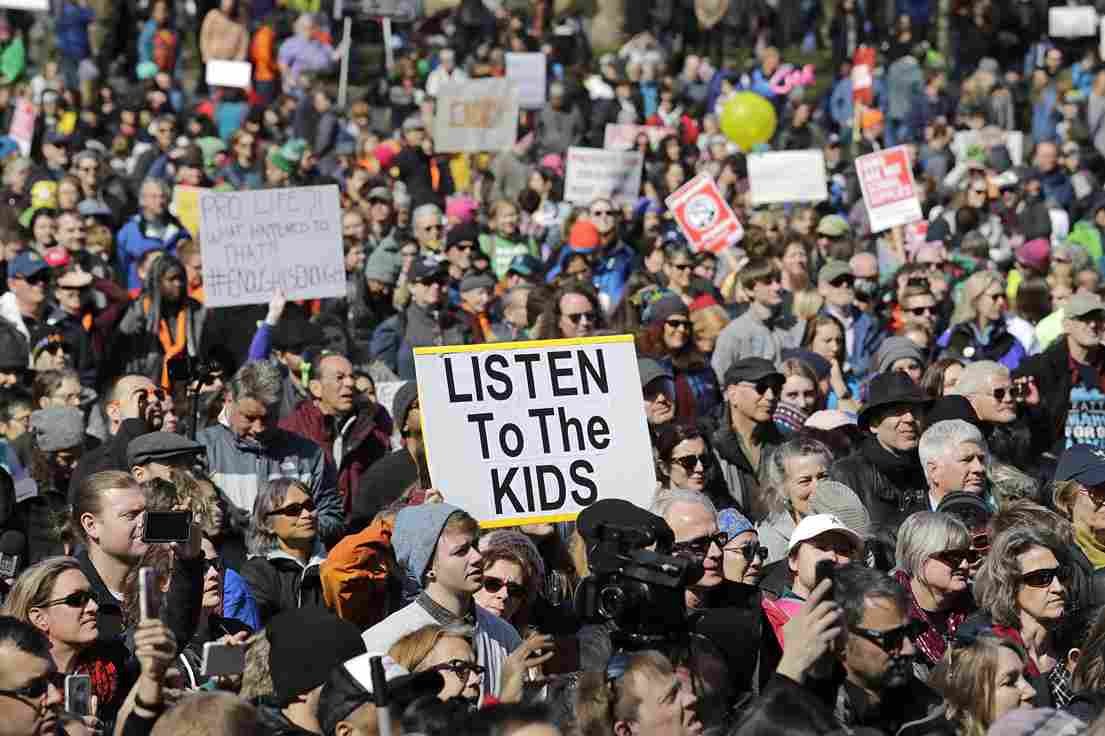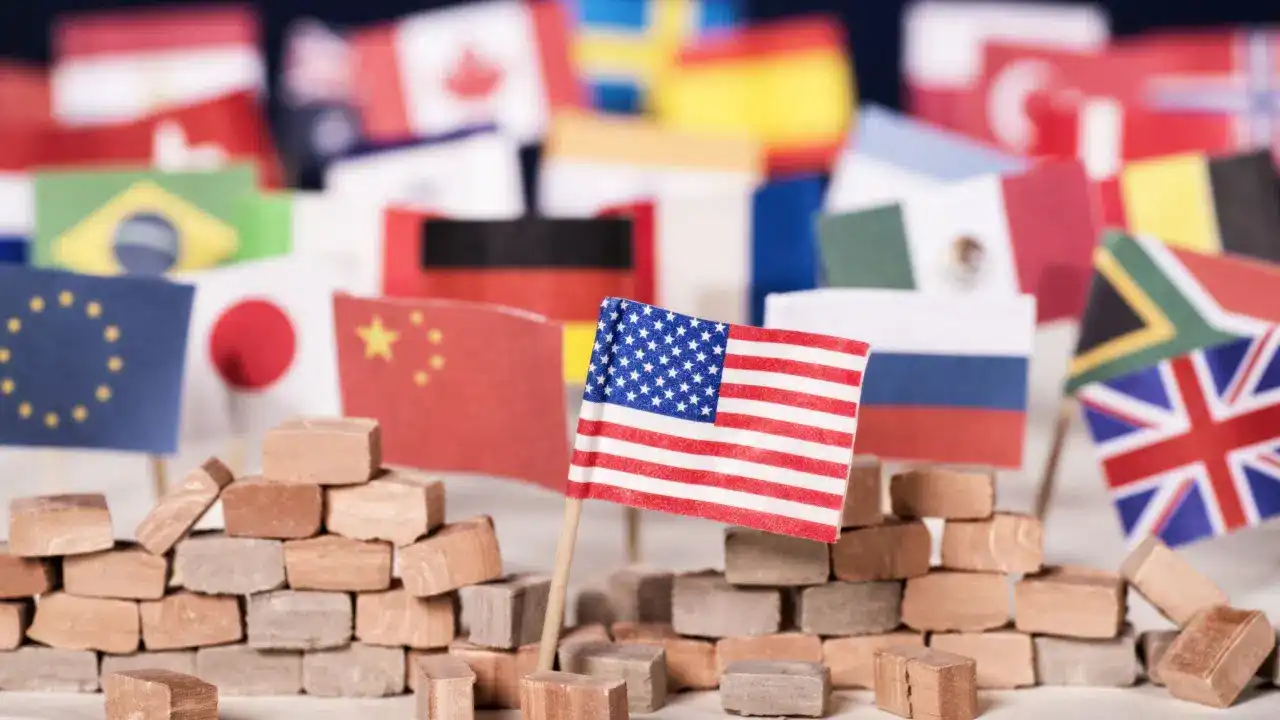In a world where everything is interconnected — from TikTok trends to trade wars — the idea that foreign policy is “too boring” or “irrelevant” doesn’t hold up anymore. Gen Z, the generation born roughly between 1997 and 2012, is growing up in an age where decisions made in global capitals can shape what happens in their hometowns.
Whether it’s climate change, economic instability, or digital privacy, foreign policy isn’t just about war and diplomacy anymore — it’s about everything that impacts our future.
Here’s why Gen Z should care about foreign policy and actively engage with it.
Foreign policy determines how countries work together to solve global challenges — these are the issues Gen Z is already passionate about. Think climate change, gender equality, access to education, or racial justice. These are not issues that any one country can solve alone. They demand collaboration across borders.

For example, climate action depends on global agreements like the Paris Accord. Without international pressure, some countries continue polluting, making the fight harder for those who are trying.
If Gen Z wants a livable planet, they need to understand and influence the foreign policies that shape global environmental action.
Gen Z is the most connected generation in human history. You follow creators from different countries, join global conversations online, and study or work abroad. But are you aware of the international systems and decisions that shape the digital, economic, and political space you’re moving in?
If you’ve ever posted a black square for Black Lives Matter or spoken out for Gaza, Ukraine, or Iran — you’ve already participated in foreign policy debates. These are global issues where public pressure can shape how governments act.

But activism is more powerful and impact-driven when it’s informed. Knowing how countries reach foreign policy decisions — and how public opinion or youth-led movements can influence them — equips Gen Z to turn online activism into real-world change.
As this generation becomes a major political force, the policies they support will define the future of international relations. But foreign policy rarely comes up in school curriculums or social media debates — meaning many young voters may overlook it during elections.
From refugee policies to international education programs like Erasmus or Fulbright, to how governments handle relations with rising powers like China or regional tensions in the Middle East — foreign policy decisions affect your opportunities, security, and future. Knowing where politicians stand on these issues can and should influence your vote.

Moreover, global trade, international sanctions, and diplomatic ties determine which industries grow, where companies invest, and what jobs are created. If you’re aiming for a career in tech, design, engineering, international development, or even fashion — foreign policy shapes the playing field.
From visa policies to international student exchanges and border controls — foreign policy plays a huge role in who gets to travel where and how easily. If you dream of traveling the world, studying abroad, or working with international organizations, you’ll eventually come face to face with the results of a foreign policy decision. Wouldn’t you rather be on the side shaping it?
Read More: Youth, Demand, and Human Trafficking
Gen Z is already leading conversations around inclusion, climate, mental health, and equality. But it’s time to step into global conversations, too. You don’t need to be a diplomat to understand foreign policy. You just need to be informed — and ready to question how the world works.
Your generation is not only affected by foreign policy; it has the power to shape it. By caring, learning, and speaking up — Gen Z can create a world where international decisions reflect values of justice, sustainability, peace, and progress.
Areeba Kanwal is a contributor at The Diplomatic Insight and has passion for International Relations and diplomacy.





